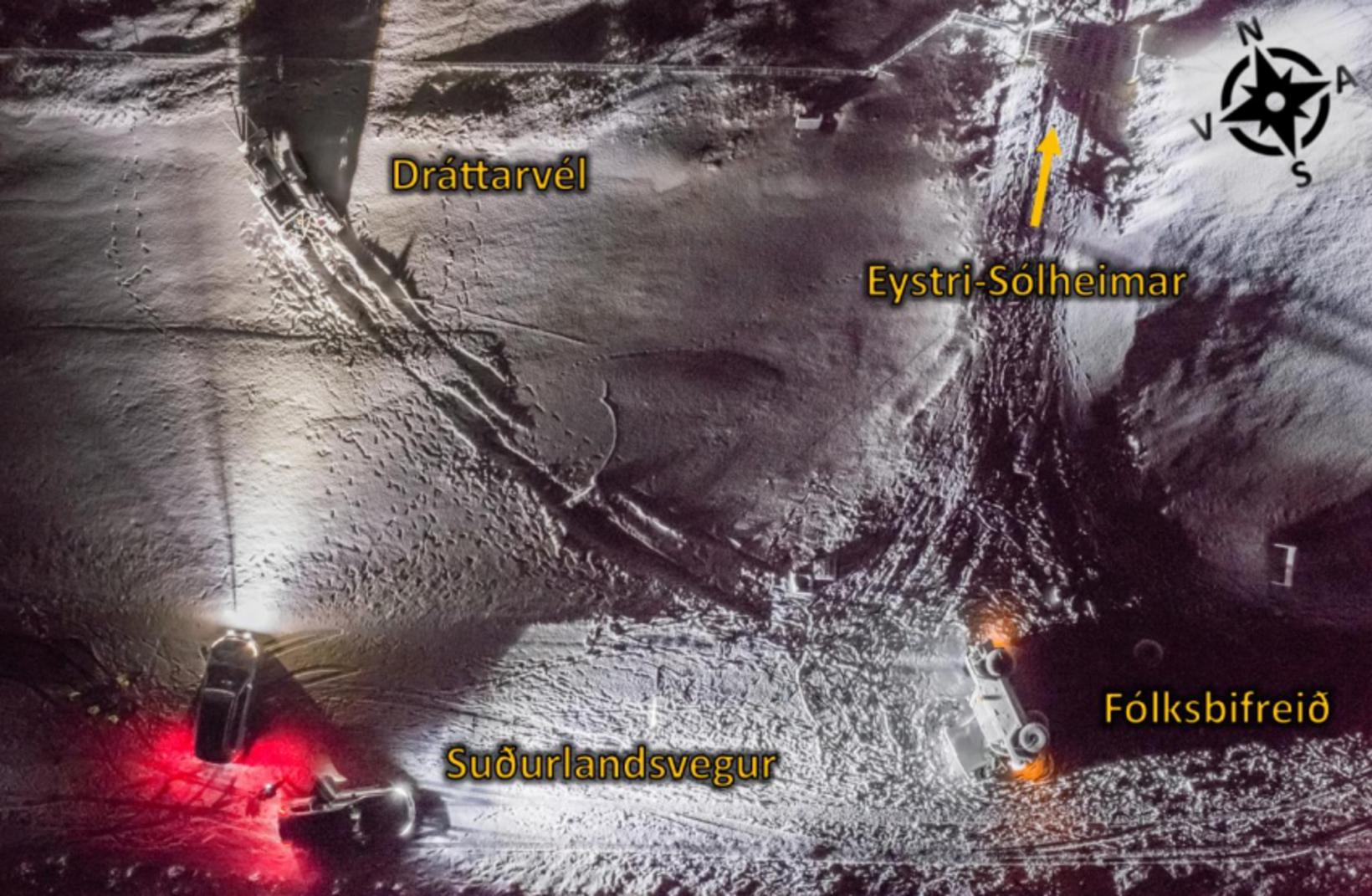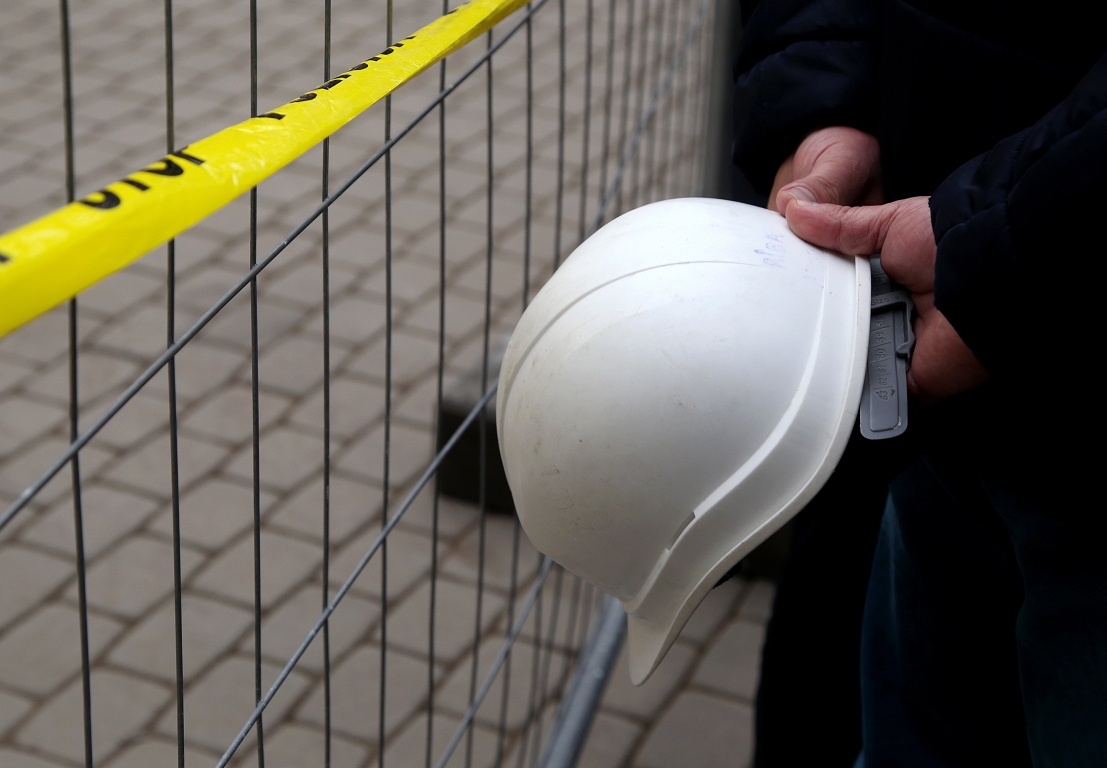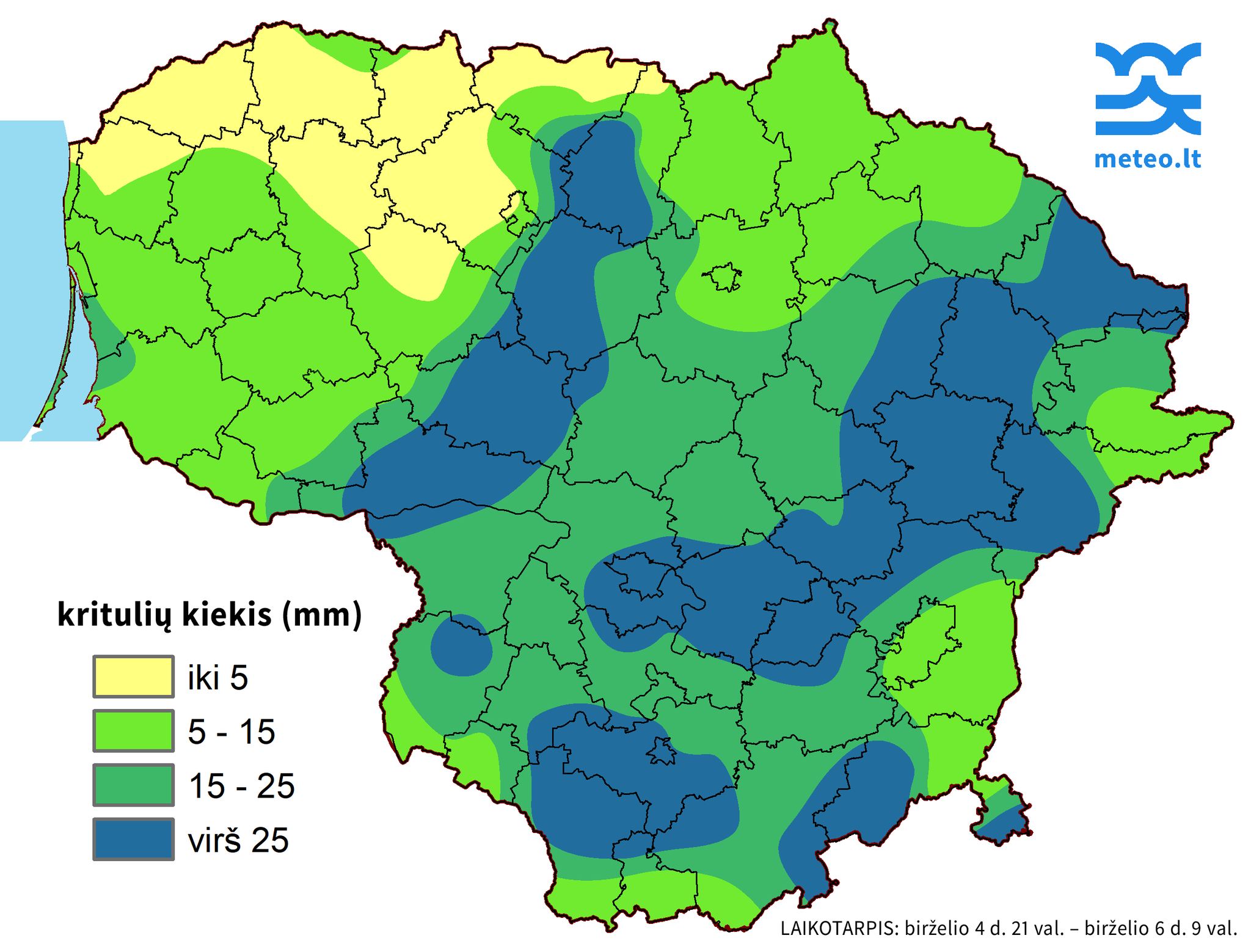Trump is at the intersection of national security and commercial interests with TIKTOK
/s3/static.nrc.nl/images/gn4/stripped/data130396140-10c1b2.jpg|https://images.nrc.nl/NfzMEuOzorFvA4fGCAWzfjF05VA=/1920x/filters:no_upscale()/s3/static.nrc.nl/images/gn4/stripped/data130396140-10c1b2.jpg|https://images.nrc.nl/u4cIN0HV-kTe0JtoE9ayn2vFIlc=/5760x/filters:no_upscale()/s3/static.nrc.nl/images/gn4/stripped/data130396140-10c1b2.jpg)
The battle for Tiktok has taken place on different chessboards at the same time in recent months.
First American politics made the fate of the popular video app a matter of national security. Subsequently, Tiktok became an attractive prey for Friends of President Trump and technology investors with deep pockets. And now it has also become change in one of the biggest confrontations in the trade war that Trump has unleashed with his import duties: the showdown with China.
The media-sensitive president feels strongly involved in the battle for the app, which has around 170 million users in the United States. For example, he suggested a day before he met China with an import tax of 34 percent (on top of an earlier levy of 20 percent): « Maybe I will get a few points from it » when China agrees that Tiktok comes into American hands. « I am a flexible person. »
Negotiating could begin with Trump. But China didn’t bite, at least not immediately.
On Friday, the Chinese Ministry of Finance announced that it will answer the new American levy of 34 percent for import from China with its own equally large levy for importing services and products from the United States. Not a word about tap. And that is important, because apart from bytedance, the Chinese parent company of Tiktok, the Chinese government must also agree before there can be a whole or partial sale of Tiktok.
Insecure
The future of the app has been uncertain since April last year. Then with support from the Democratic and Republican parties, a law came through the congress that stipulated that Tiktok had to be sold to an American party at the latest due to ‘national security risks’ by 19 January, and would otherwise be banned in the US. Less than 20 percent of the shares were allowed to stay in foreign hands.
The motive for that law was two -fold. On the one hand, there was a fear that the China can lay hands on all kinds of personal information from American users via Tiktok. And on the other hand that China can influence American users with propaganda and fake news via Tiktok.
Photo Getty Images
When the Deadline of January 19 passed, there was no agreement in sight about the sale of Tiktok. The company itself briefly put the app on black, but the next day Donald Trump was inaugurated as president. Trump immediately extended the sales theadline by decree (until this Saturday, April 5), after which the site, which had been out of the air for less than a day, again functioned. But this deadline also passed before an agreement on the sale of Tiktok could be reached. Trump gave himself a new deadline on Friday evening, in 75 days it must be round.
In his first term, Trump had tried to ban Tiktok, but after he had experienced a lot of support on the platform in the last campaign, he had started to appreciate Tiktok. He now has more than 15 million followers.
Eagerness
It was now clear that there was great eagerness among American investors to take over the App from Bytedance. Because it is possible to earn a lot of money thanks to advertising income, but also because a lot of data can be collected that can be used to train artificial intelligence.
According to American media, several parties reported to the White House. From the start, Larry Ellison was called, the founder of software company Oracle who has a close relationship with Trump. In January Trump said in connection with Tiktok and Ellison: « I want Larry to buy it. » Together with, among others, the large investment fund Andreessen Horowitz, he would have prepared an offer. But also technology company Applovin, Amazon and the largely on porn -focused platform only fans would be on the market.
/s3/static.nrc.nl/images/gn4/stripped/data130396137-b32bcd.jpg|https://images.nrc.nl/AmX5Epw8gskhql5xbbA49zTJJNo=/1920x/filters:no_upscale()/s3/static.nrc.nl/images/gn4/stripped/data130396137-b32bcd.jpg|https://images.nrc.nl/_hjW5jNQWPDcbdd2EYy3Se4l-YU=/5760x/filters:no_upscale()/s3/static.nrc.nl/images/gn4/stripped/data130396137-b32bcd.jpg)
Photo Reuters
In the Tiktok file, the Trump government seemed to have dealt with the question of which American bidder is preferred, and under what conditions a deal could be submitted to Bytedance. That company is located in Beijing and therefore falls under Chinese law. Even though sixty percent of the shares of bytedance in foreign hands (including from American investors such as General Atlantic, Susquehanna, KKR), Sale of Tiktok cannot do without the Chinese government agreing. Bytedance is one of the important companies in the field of artificial intelligence in China.
According to a plan leaked out in American media, an American branch of Tiktok could be split off, of which bytedance could then, for example, retain 19.9 percent. The algorithm that Tiktok has made such a success would remain in the hands of Bytedance, but will be leased by the Americans.
But what that would mean exactly remains vague so far. The crucial question remains: if China already agrees with such an outcome, there is enough account of the safety problem that the law adopted last year? Does China really no longer have a grip on data from American users, and what they are served?


:format(webp)/s3/static.nrc.nl/bvhw/files/2023/05/data98607874-e1791d.jpg)
/s3/static.nrc.nl/images/gn4/data133305331-966bd5.jpg)



